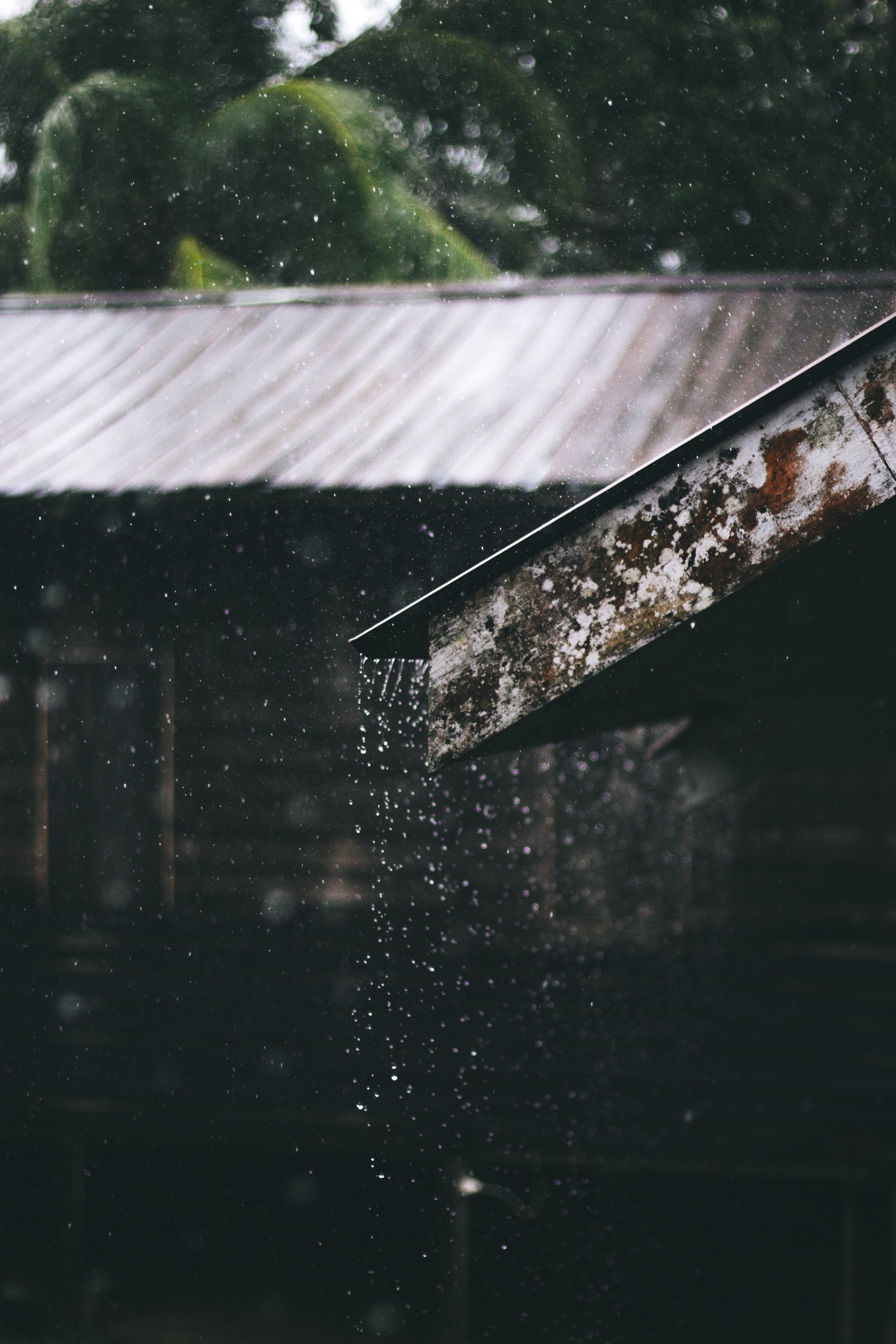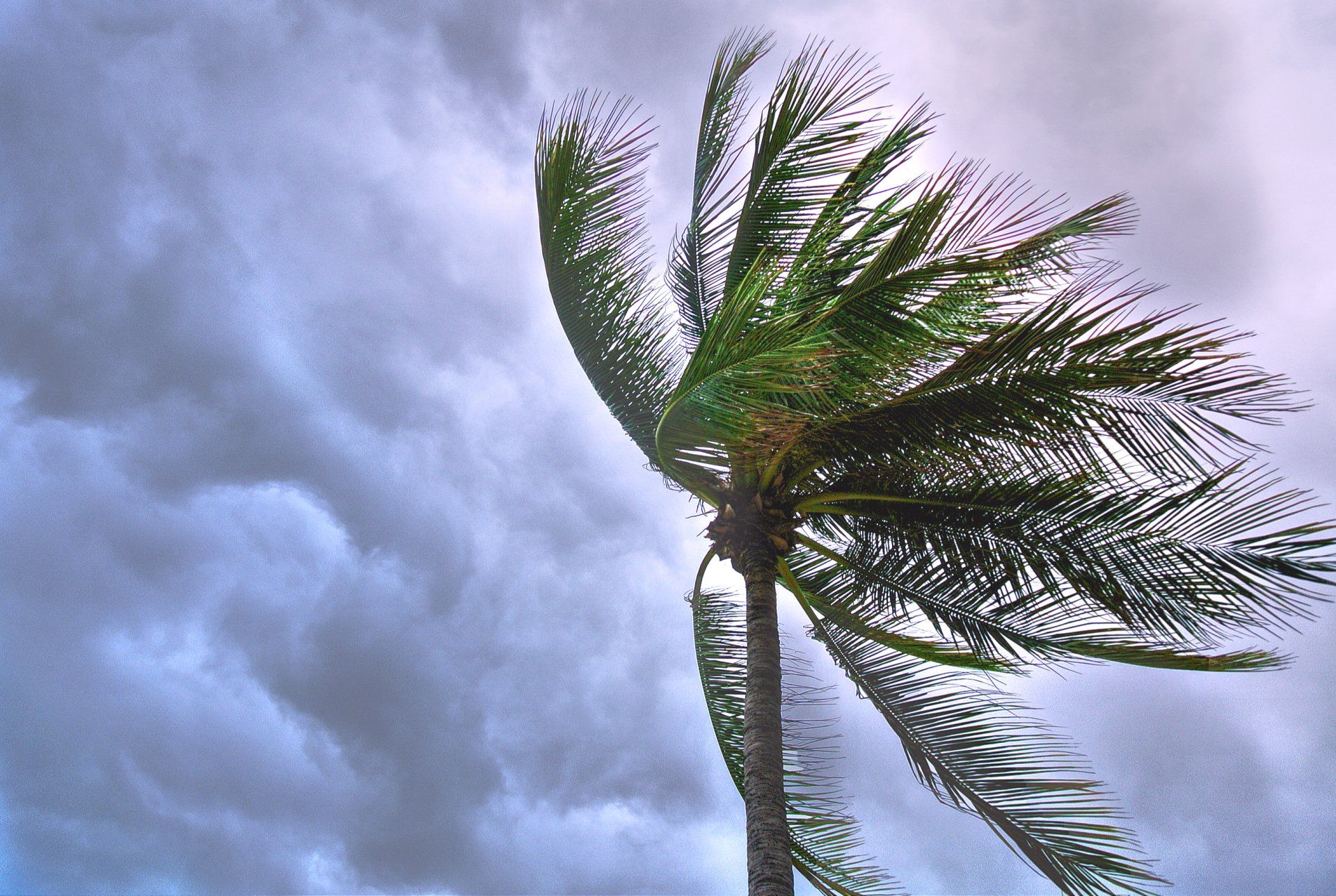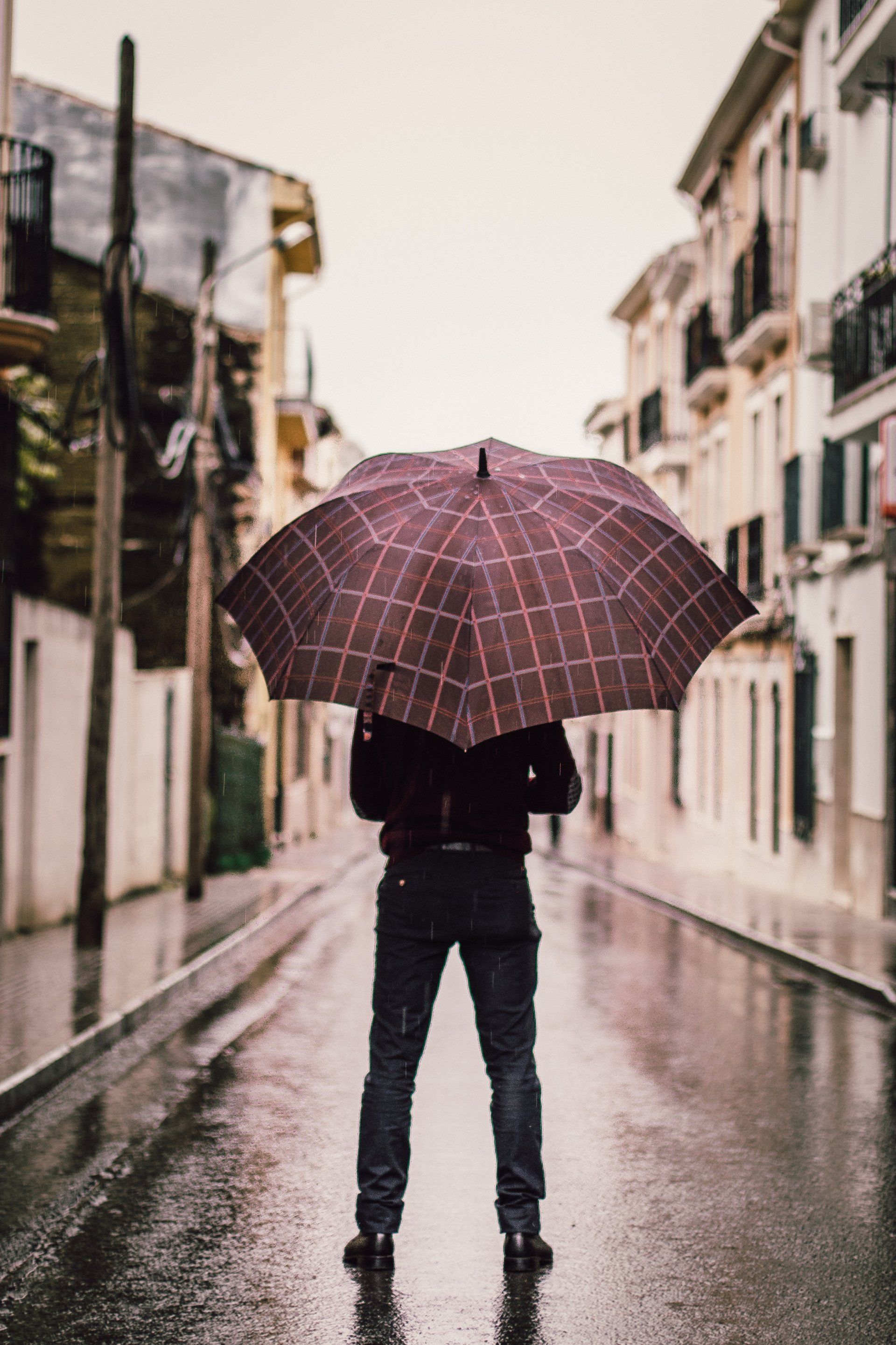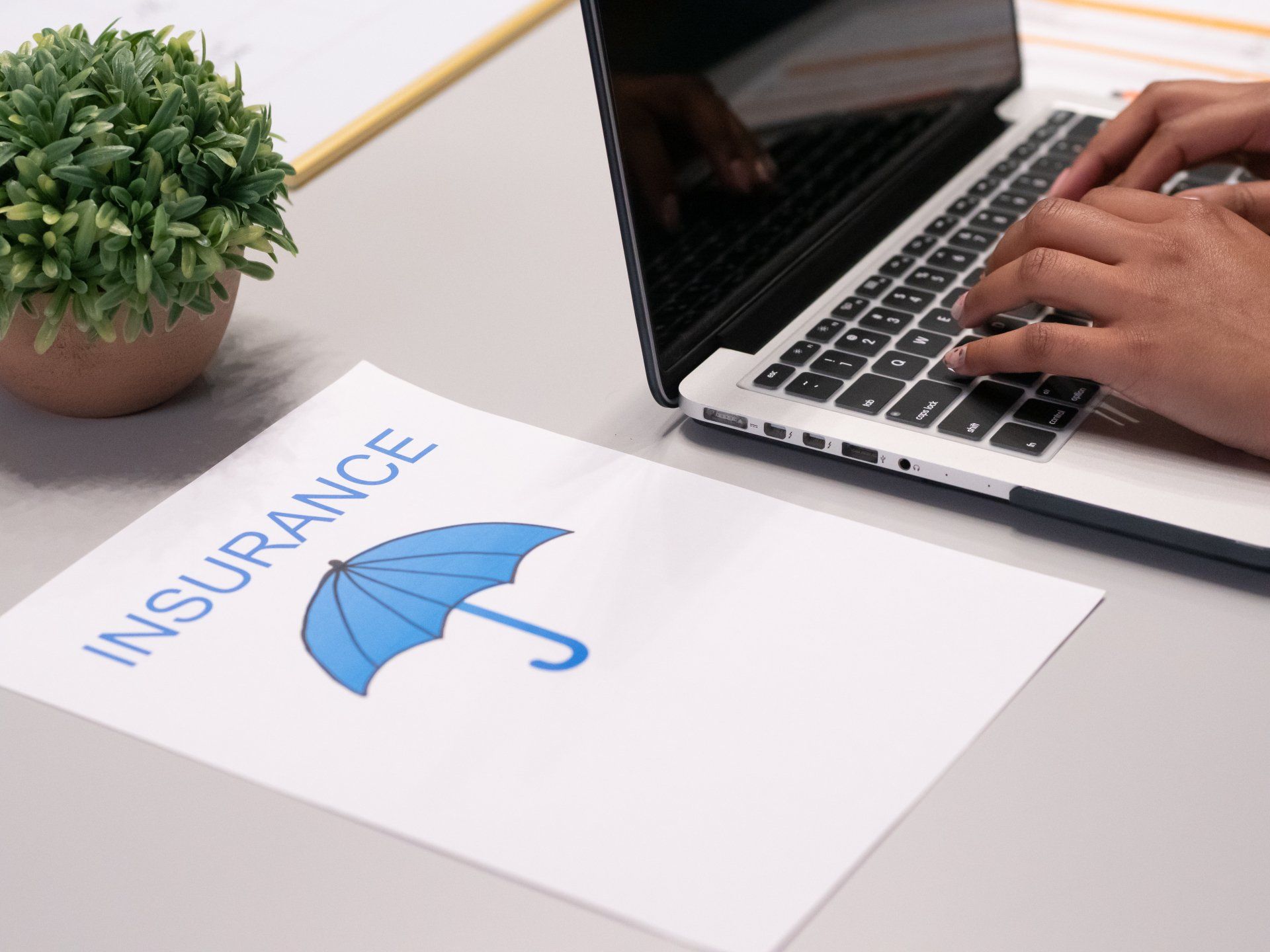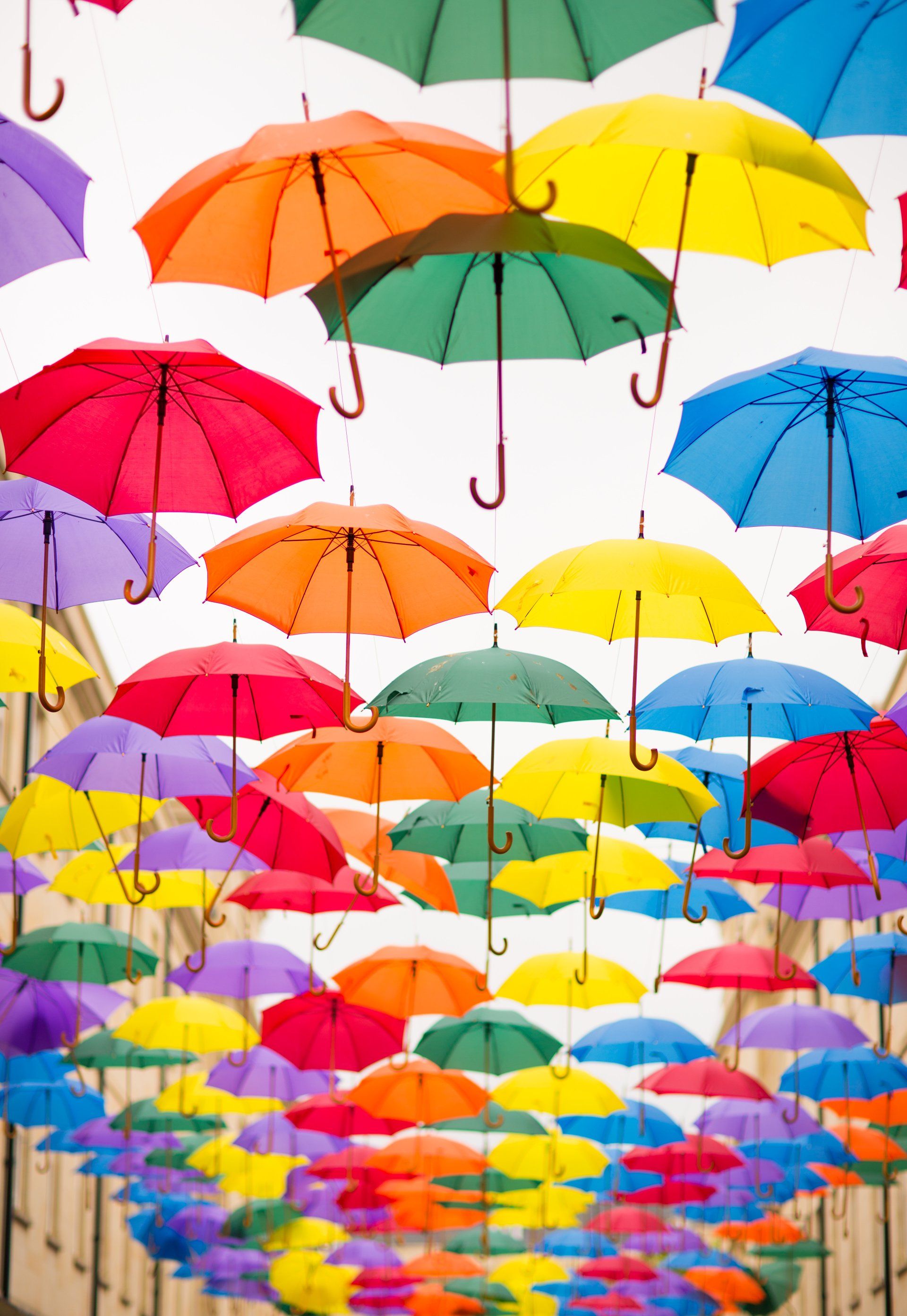Spring Into Grilling: Tips and Tricks for Grill Safety
Spring has sprung, and as the weather warms up, people eagerly head outside to take advantage of the beautiful days. One particularly beloved spring activity is grilling; whether it's burgers, hot dogs, or veggies, there's just something about cooking food over an open flame outdoors with friends and family gathered.
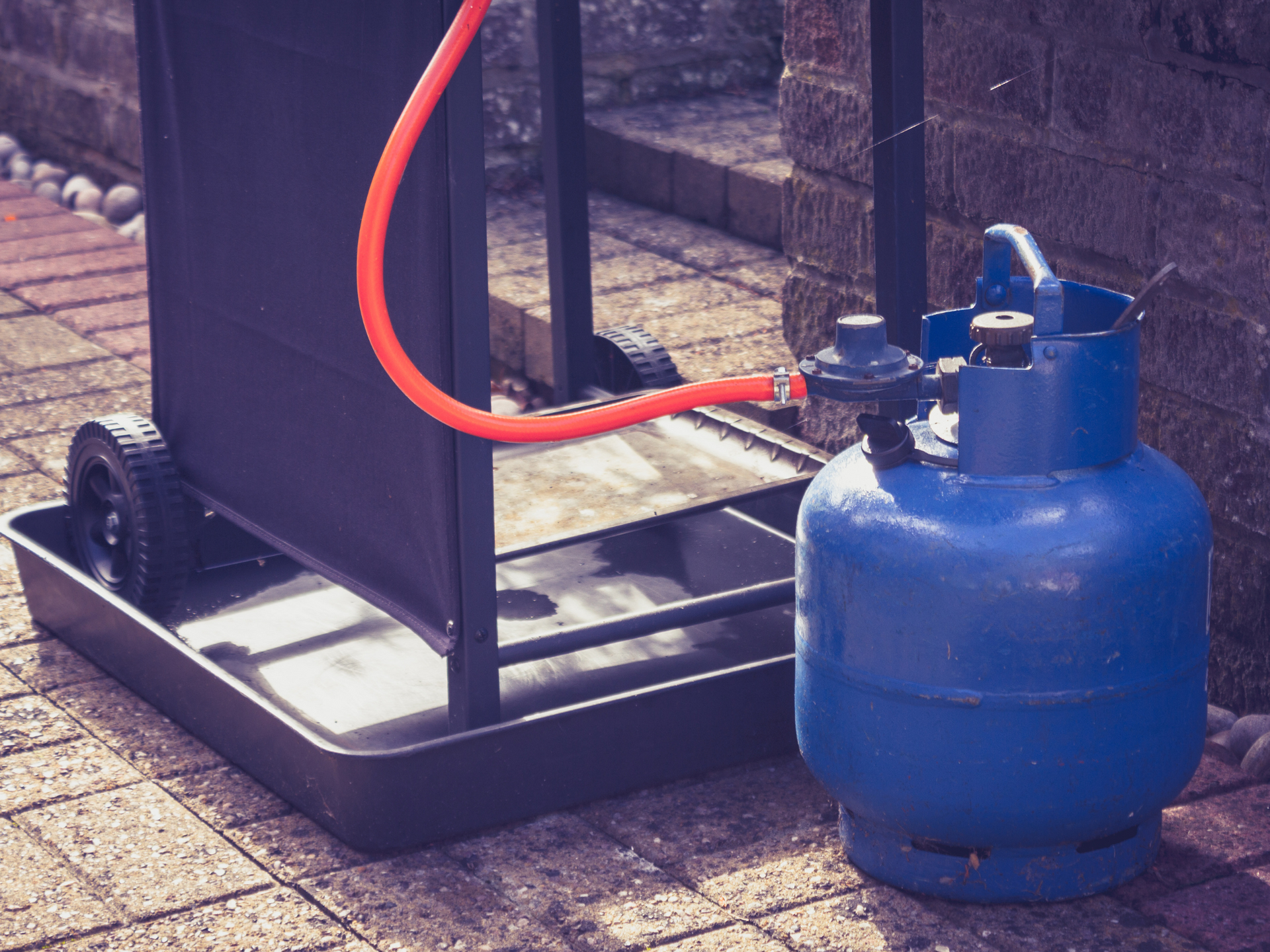
Gas Grill Safety
A leak or break was the leading factor contributing to gas grill-related fires, according to the NFPA report.
- Check the gas cylinder hose for leaks before using it for the first time each year.
- Apply a light soap and water solution on gas lines to highlight any escaping gas.
- If you suspect a gas leak before you ignite the grill, turn off the gas tank and grill. Once the leak stops, have a professional inspect and service your grill before using it again. Call the fire department if the leak does not stop.
- If you smell gas while cooking, quickly move away from the grill before calling the fire department. Never attempt to move the grill if you suspect a gas leak.
- Never turn on the gas when the grill lid is closed, as the gas may build up inside. When ignited, the lid could blow off and cause injuries or burns.
- After cooking, completely close the valve on your gas grill.
- Always store gas grills – and propane tanks – outside and away from your house.
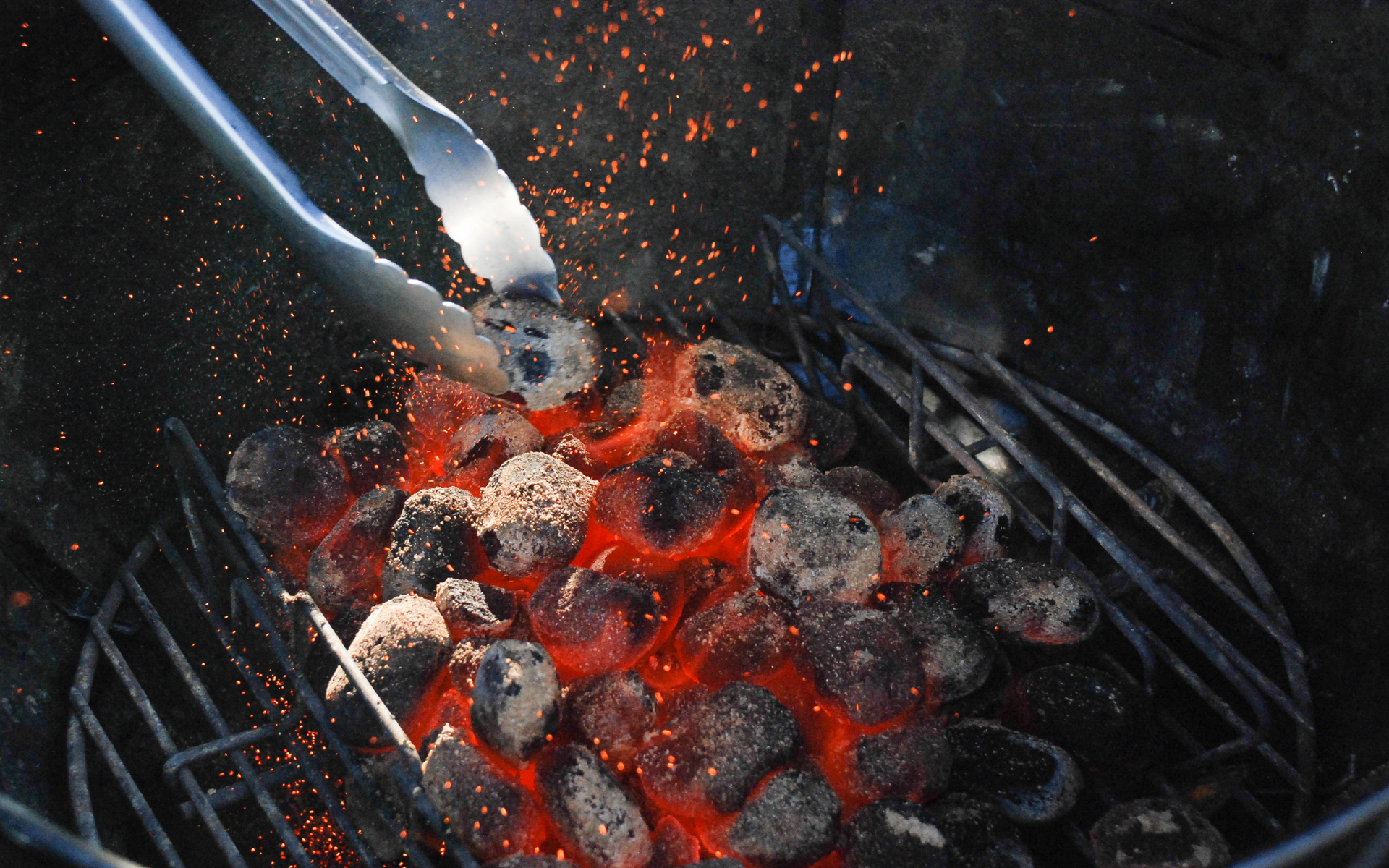
Charcoal Grill Safety
According to the NFPA study, leaving or placing an object that could burn too close to the grill was the leading cause of structure fires when using charcoal grills.
- Charcoal grills can remain hot for several hours after extinguishing flames. Avoid placing flammable objects near the grill or moving it while the coals are hot. Keep combustible items that may be blown by the wind away from the grill.
- Check for rust damage in metal grills, which may allow charcoal to fall through onto surfaces below and cause a fire.
- Purchase the proper starter fluid. Store out of reach from children and away from heat sources.
- Do not add charcoal starter fluid when coals or kindling have already been ignited. Never use any other flammable or combustible liquid to start the fire.
- If the fire is too low, rekindle with dry kindling and more charcoal; avoid adding additional liquid fuel, as it can cause a flash fire.
- Never leave a grill unattended.
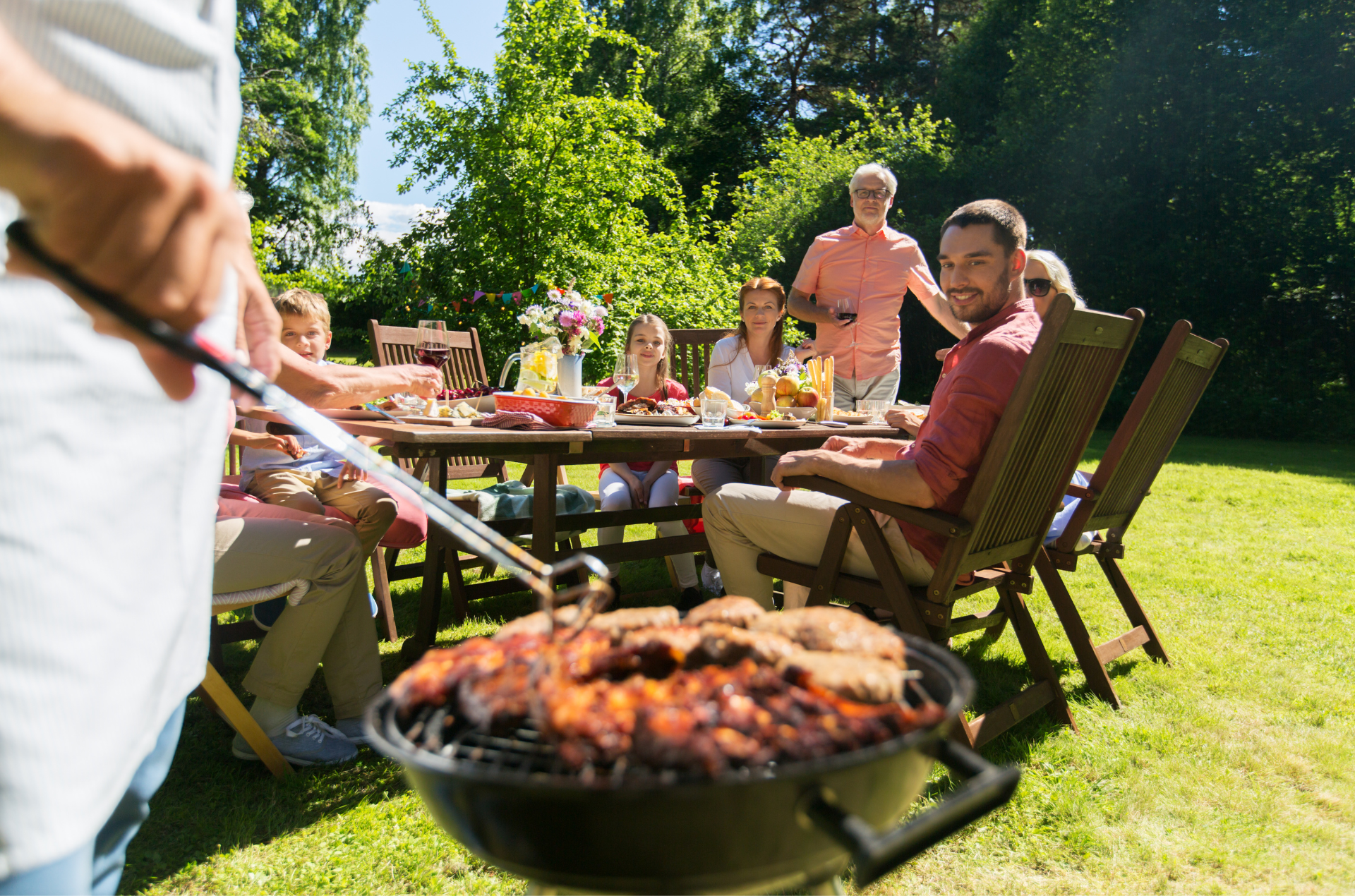
Additional Grilling Safety Tips
Choose a Safe Location for Your Grill. Keep your grill on an inflammable, level surface more than ten feet away from any house, garage, or other structure. Keep children and pets away, as well as overhanging branches. Grills should not be used on a balcony or under an overhang. Avoid placing grills too close to combustible deck rails.
Only Grill Outdoors. Never use a grill in a garage, vehicle, tent, or other enclosed space, even if ventilated, due to the risk of harmful carbon monoxide buildup.
Make Sure Kids Maintain Safe Distance. Make a “kid-free zone” of at least three feet around the grill and areas where hot food is prepared or carried. Children under five are especially vulnerable to burns from contact with a hot grill surface. Grill contact accounted for 37% of burns in emergency rooms in 2014 involving children under five.²
Remember post-grilling safety. Keep your grill clean by removing grease or fat buildup from the grills and putting it in trays below the grill. When disposing of used coals, soak them in water to fully extinguish them before placing them in a metal container. After regular use, cover the grill tightly, ensuring the vents are fully closed; this should extinguish the remaining coals and allow whatever is left to be ready for next time.
Grilling On Cold Days. During cool weather days, avoid wearing a scarf or other loose clothing that may catch on fire. Consumer Reports recommends shielding your grill from the wind, setting up and maintaining a ten-foot no-combustible zone, and keeping the lid closed to retain as much heat as possible. Allow your grill extra time to pre-heat in colder weather, and use a meat thermometer to check the temperatures of your food to ensure it is safe to eat.
Sources:
1 NPFA’s “Home Fires Involving Cooking Equipment”, November 2015. http://www.nfpa.org/research/reports-and-statistics/fire-causes/appliances-and-equipment/cooking-equipment
2 NFPA Cooking Fact Sheet, a PDF accessed from http://www.nfpa.org/research/reports-and-statistics/fire-causes/appliances-and-equipment/cooking-equipment
Additional Source: http://www.nfpa.org/safety-information/for-consumers/outdoors/grilling
Special Thanks to Traveler’s Insurance



